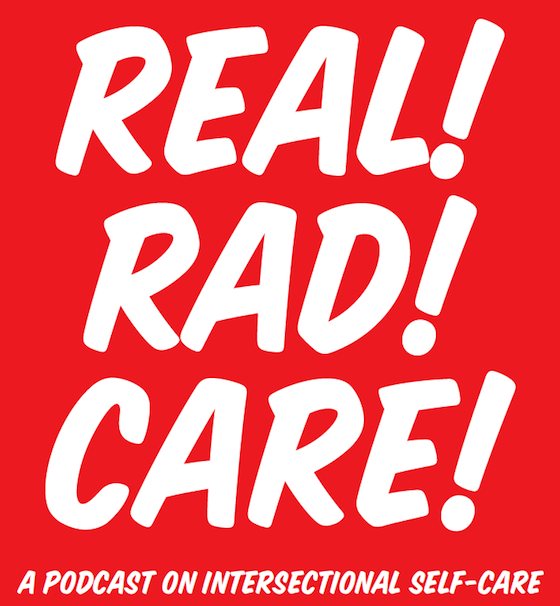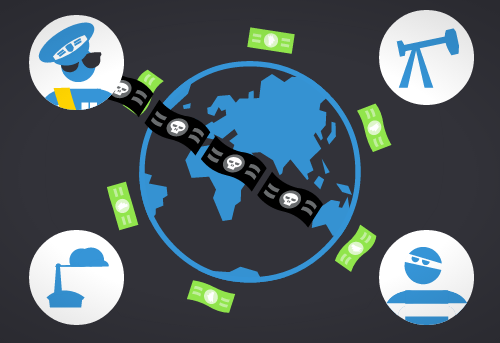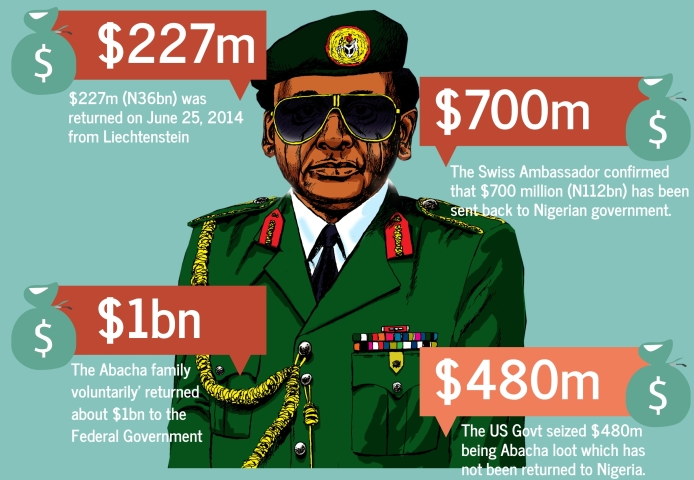
The governance of the Internet infrastructure is collectively enacted by the design of technology, the policies of companies, the administrative functions of global standard-setting organizations, national laws and international agreements.
A critical component of this infrastructure are Internet standards, which can affect fundamental rights such as privacy, security, anonymity, freedom of expression and information. Decision-making about the Internet infrastructure is a matter of social policy. To advance the protection of human rights online, there is an urgent need for civil society to get further involved in technical discussions, and for the broader public interest technology ecosystem to develop long term strategies to strengthen the impact of advocacy efforts.
Continue reading Workshop & Report: Future Paths to a Public Interest Internet Infrastructure




